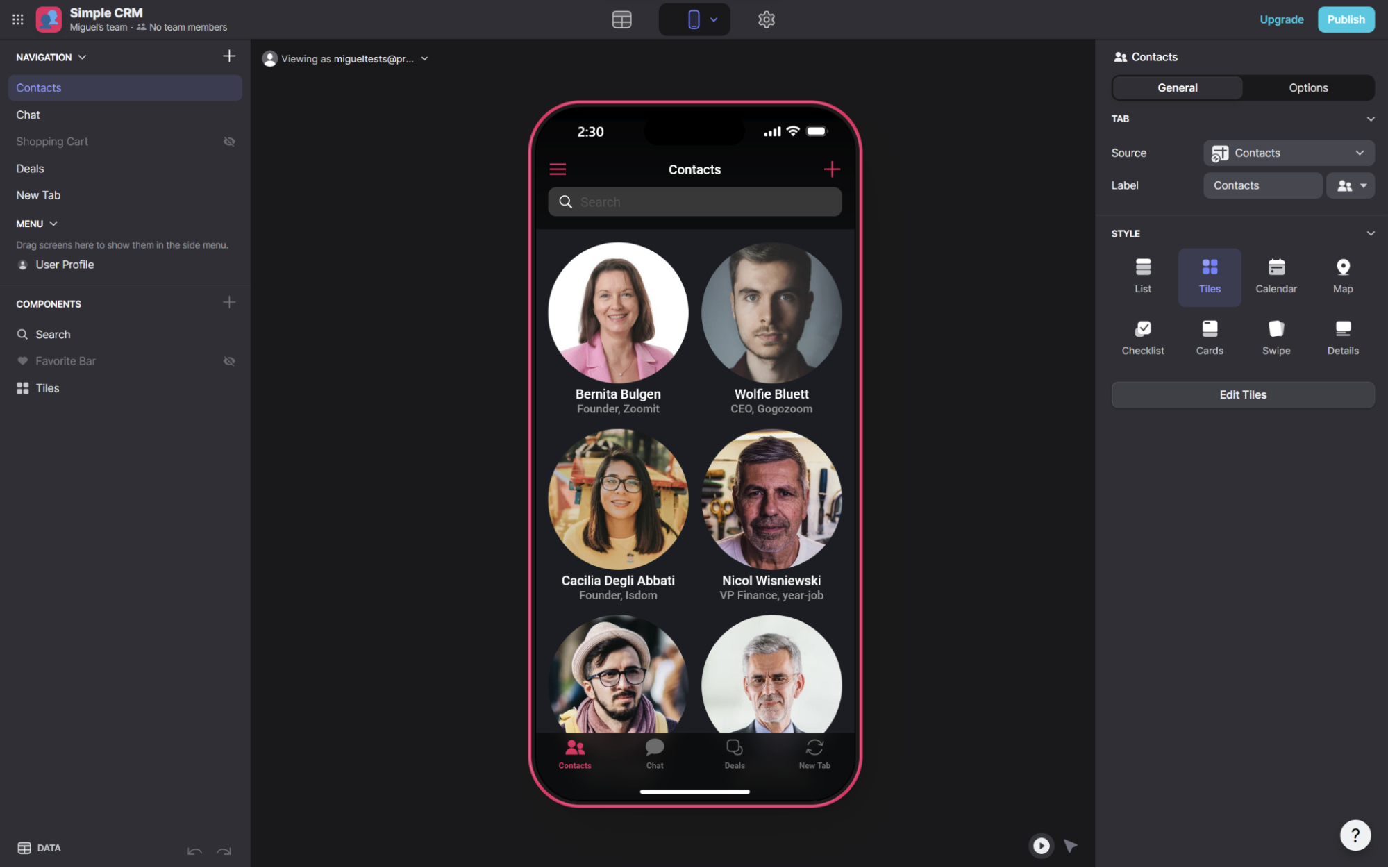With the rise of no-code application makers, the allure of creating apps without any programming knowledge is all too tempting. These platforms allow entrepreneurs and business owners to create functional applications quickly. However, does faster and easier equal better? Let’s take a closer look into why no-code app makers might not always be the best choice for app development.

Limitations within Customizability
First of all, no-code platforms boast about their simplicity and ease of use, but with that comes inherent limitations in customizing the app as per unique business needs.
Template Restrictions
Most no-code platforms tend to use app templates that limit your ability to bring your unique vision to life. Since these app templates are generic, your app may end up looking and acting the same as hundreds of others out there.
Limited Features and Functions
With no-code app makers, you’re often limited to the built-in widgets and functions. This significantly restricts your ability to add any bespoke features or functions that differentiate your app from the crowd or address your specific business needs.
Scalability and Performance Concerns
Scaling your app as your business grows tends to be a significant issue with no-code platforms.
- Refactoring Routes – Inevitably, there may come a time when a business might outgrow the features and restrictions of a no-code platform. At this stage, the only option may be to refactor the entire app from scratch on a more flexible platform, making the initial savings in time and cost less meaningful.
- Handling Massive Traffic – Performance under heavy loads is another concern. No-code apps are not renowned for handling heavy network traffic, which could impact end-user experience during peak usage times.
- Operational Ownership Issues – The veritable “fine print” of using no-code platforms often pertains to data security, platform ownership, and long-term operational costs.
- Control on Data and Security – Data handling and security pose significant concerns in no-code platforms. You’re essentially entrusting your app’s security and sensitive data management to the platform and have less control over mitigating potential risks.
- Platform Dependence – Additionally, your app becomes entirely reliant on the platform. If the platform decides to change its policies, increase its prices, or, worse, shut down, your business could face substantial disruption.
- Hidden Costs – Finally, it’s important not to overlook the operational costs associated with some no-code platforms. While it may seem cost-effective initially, prices can drastically increase as your app’s user base grows. Plus, there’s the recurring cost of subscription services that you may have to budget.
